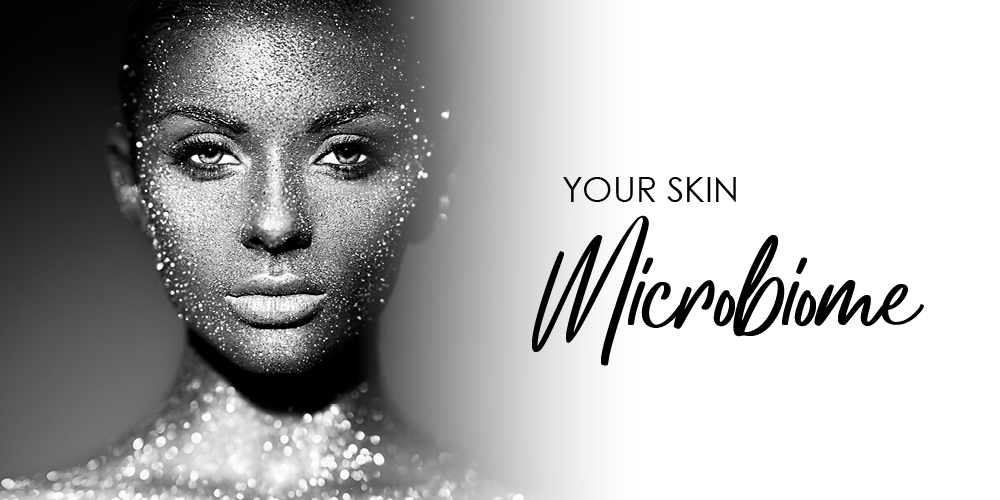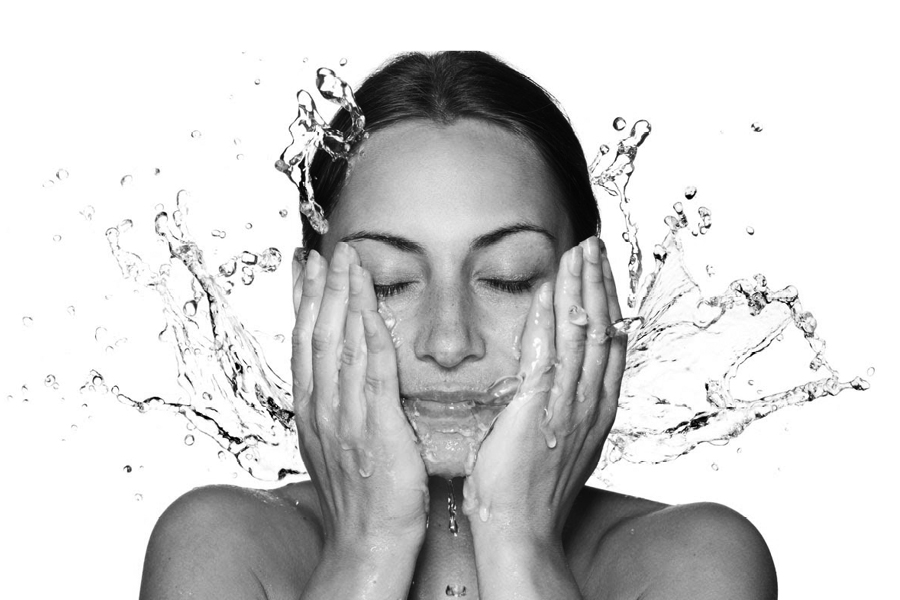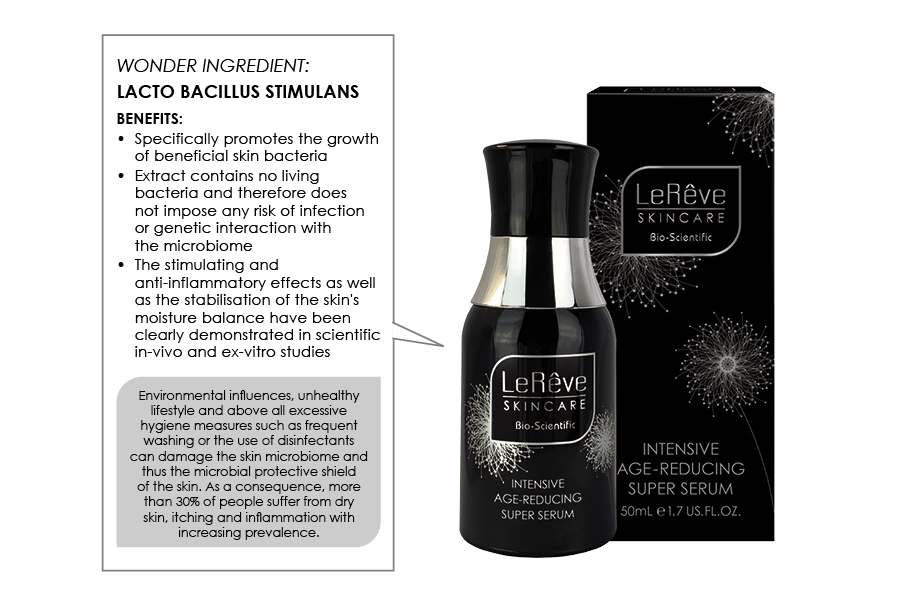
Here’s a fun fact… Billions of micro-organisms including bacteria, viruses and fungi live on the surface of our skin. Sound icky? Well they actually serve an important purpose in helping to protect the health and wellbeing of our skin.
And get this… Just as we all have our own set of genes – which is called our ‘genome’ – we also have our own unique community of microbiota – known as our ‘microbiome’. Yes, you have your own personal microbiome – it’s as unique as your fingerprint!
So what exactly is our skin microbiome?
“The skin microbiome is a whole community of organisms that live on the skin,” explained Professor Carsten Flohr, a British dermatologist who specialises in eczema. “That includes bacteria, viruses and fungi, but the primary focus of research for skincare is bacteria.” Essentially, this little ecosystem of micro-organisms has large control over the health and wellbeing of our skin.
There’s no need to be grossed out at the thought of all these bacteria sitting on the surface of your skin because they are actually good for you. “The human microbiome has evolved over many, many years. For example, there are unique lipids the skin produces which we need to keep the skin healthy,” explained Trevor Steyn, a world skincare expert who worked in organic chemistry for many years.
However, in the modern age, our lifestyle habits have changed a great deal from ancient times and our microbiome may be suffering. “We’re not sufficiently equipped to handle daily hot showers or baths, or chlorinated water, or a sugar-heavy diet.” added Steyn. Over usage of soap and sanitiser products – so ritualistic in our COVID age – can strip the good bacteria and natural oils from our skin. If the skin’s microbiome is out of balance, the protective barrier can be compromised and can cause issues such as redness, dryness, itchiness and sensitivity – or worse still it can manifest in skin conditions such as acne, eczema and dandruff.

We know we need to wash our hands and bodies regularly – and it feels good to have clean skin – but we don’t want to compromise our skin’s microbiome. What to do?
Thankfully, modern science has discovered ways to help. In fact, understanding the skin’s microbiome and how it can be supported has become an important part of skincare research and development.

The wonder ingredient to re-balance the skin’s microbiome is Lactobacillus Stimulans, found in LeRêve’s Intensive Age-Reducing Super Serum. This naturally derived microbiotic promotes the growth of beneficial skin bacteria, thereby protecting the skin’s microbiome without imposing any risk of infection or genetic interaction with the microbiome. Daily use of Intensive Age-Reducing Super Serum will protect the microbiome and skin DNA, boost collagen synthesis, reduce wrinkle depth, fight acne and pigmentation, and help smooth, brighten and lighten the skin.
It’s equally important that skincare products do not contain ingredients that interfere with the skin’s microbiome. Most beauty formulations on the market contain conventional preservatives which kill not only pathogens, but also the good bacteria. There are none of these found in LeRêve’s formulations. Instead, LeRêve Bio-Scientific Skincare products contain Caprylyl Glycol Natural Preservative Blend, a humectant derived from fatty acids found in coconut oil.
As well as good skincare, consuming probiotics also helps to support the skin’s microbiome from the inside out. Many safe probiotic supplements are available that can assist (check with your doctor first). Fermented foods and beverages such as kombucha and probiotic yoghurt can also help you to introduce friendly bacteria back to your skin.
So don’t be grossed out by the billions of invisible bacteria that live on your skin – they are your friends!
Strive to maintain a healthy diet incorporating probiotics, don’t use harsh soaps and sanitisers excessively, and use good quality skincare that will protect and refresh your microbiome instead of throwing it out of balance.







